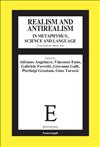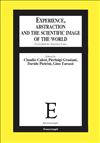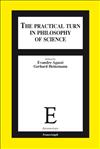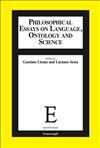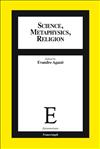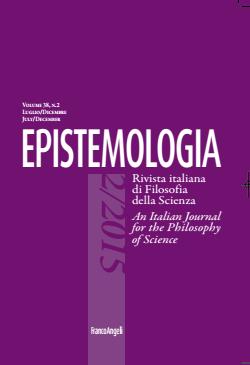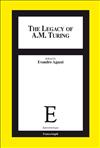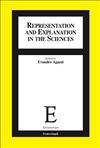This paper replies to objections that have been raised against my operational-Kantian account of thought experiments by Fehige 2012 and 2013. Fehige also sketches an alternative Neo-Kantian account that utilizes Michael Friedman’s concept of a contingent and changeable a priori. To this I shall reply, first, that Fehige’s objections not only neglect some fundamental points I had made as regards the realizability of TEs, but also underestimate the principle of empiricism, which was rightly defended by Kant. Secondly, in opposition to what he states, my account does not differ in a very essential way from the empiricist solutions either as regards the power of TEs to predict something new about empirical reality, or as regards the criteria for telling apart good from bad TEs. Thirdly, in the light of the Kantian definition of the a priori, Friedman’s corresponding notion is contrary both to the spirit and to the letter of Kant’s philosophy; moreover, from a theoretical point of view, a material a priori is theoretically untenable since, counter to Friedman’s own intentions, it leads to relativism.
